
TMIC and the Metabolomics Society
Issue 77 - January 2018
CONTENTS:
Online version of this newsletter:
http://www.metabonews.ca/Jan2018/MetaboNews_Jan2018.htm

 |
| Published
in partnership between TMIC and the Metabolomics Society Issue 77 - January 2018 |
|
CONTENTS: |
|
|
 |
| TMIC
Services |
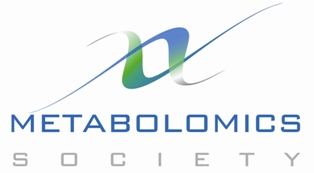 |
Metabolomics Society News |
| |
Database Spotlight
|
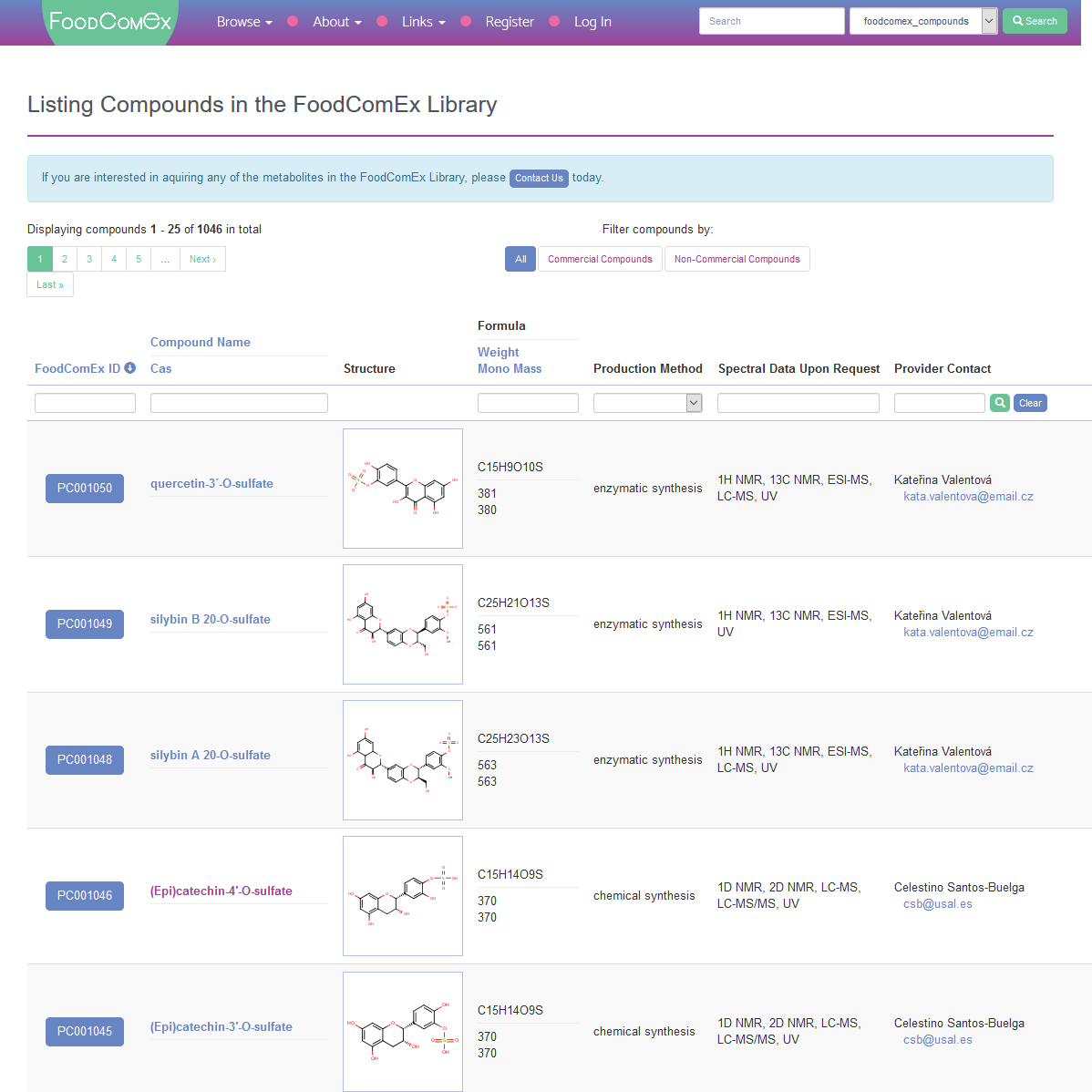
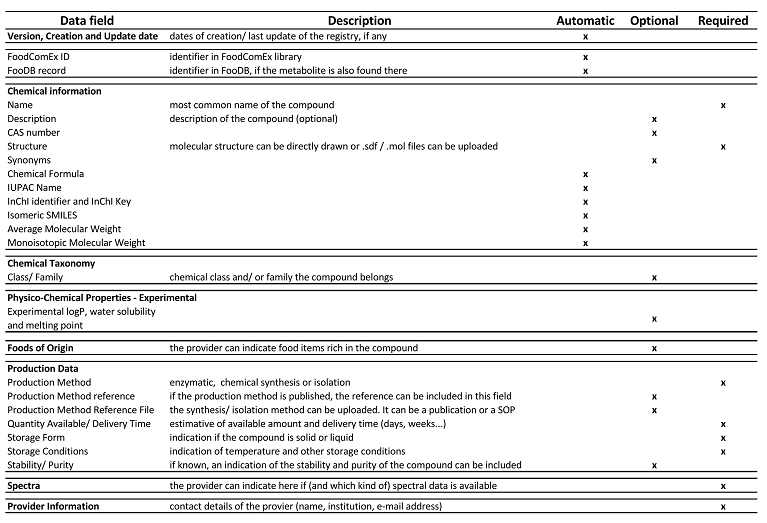
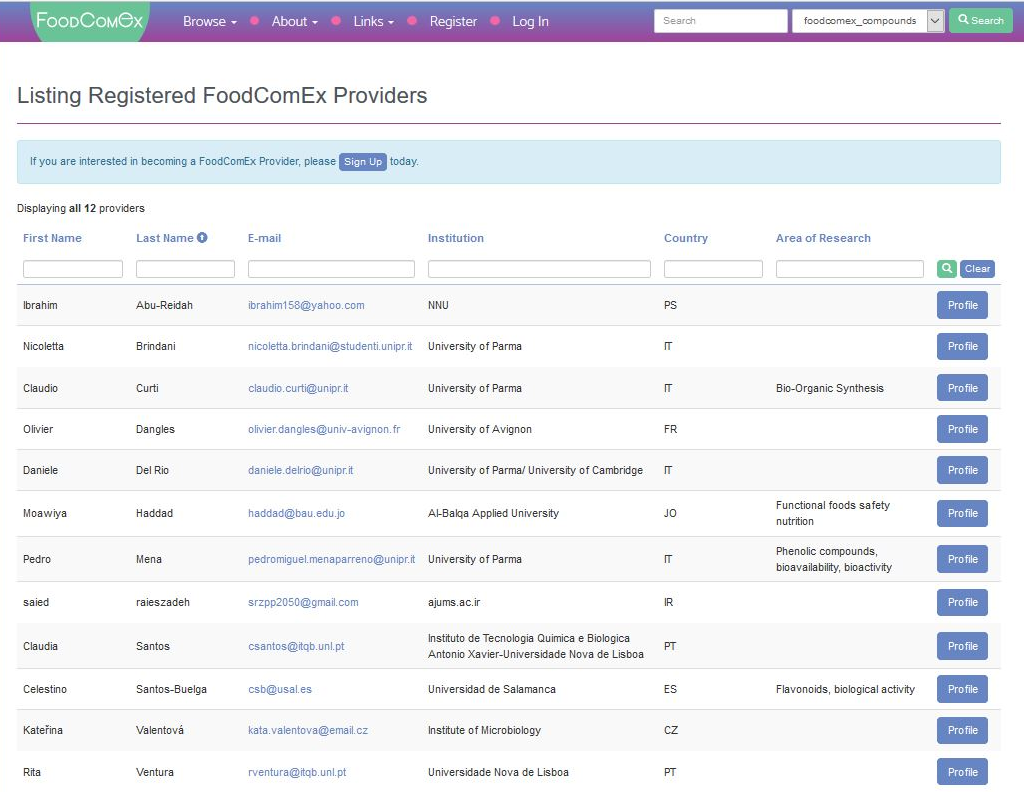
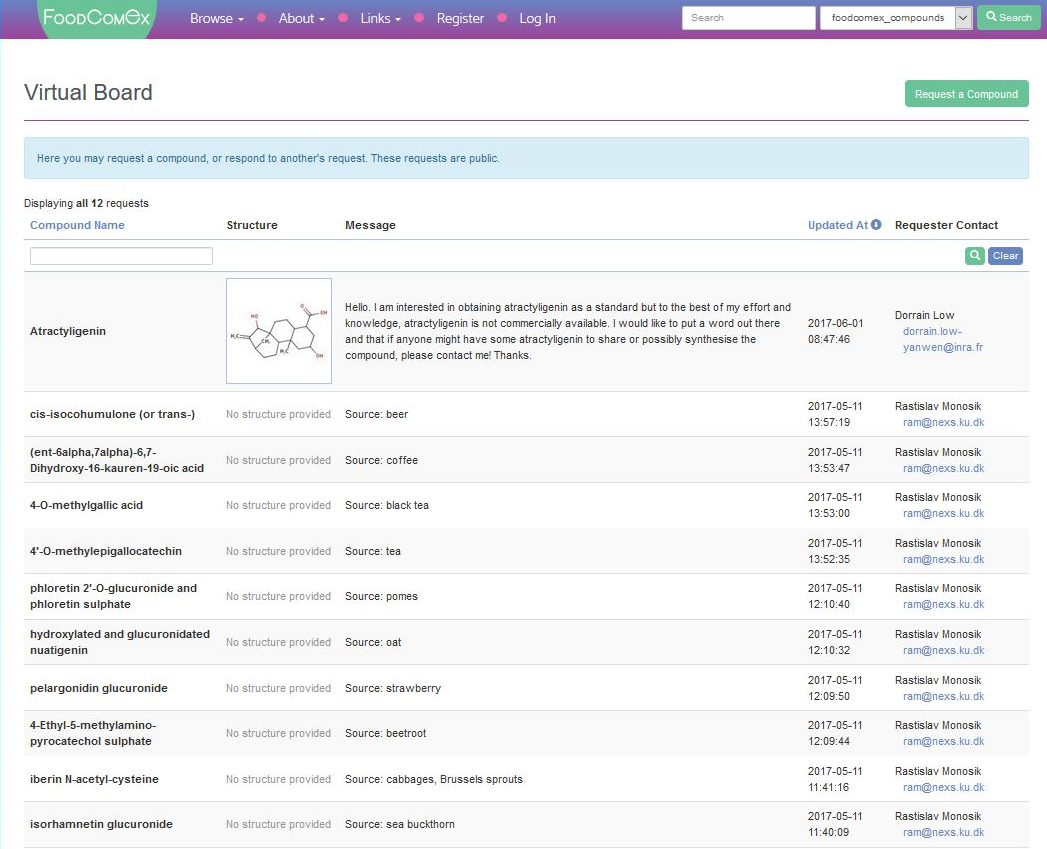
| |
MetaboInterview
|
| Head
of the
Pharmacology
and
Immunoanalysis
Unit
(SPI) at CEA
(Gif-sur-Yvette,
France), and Deputy
Coordinator
of MetaboHUB
(French
MetaboHUB
infrastructure
in
metabolomics
and fluxomics) |
|
 |
Biography Christophe Junot (Pharm.D, Ph.D) joined GlaxoSmithKline laboratories and developed experience in the field of pharmacokinetics and metabolism applied to drug discovery for two years in 2000. Since 2002, he has worked at CEA (a French Technological Research Institute), where he develops mass spectrometry-based metabolomics for biomedical applications. He is now head of the Pharmacology and Immunoanalysis unit (SPI), and also the deputy coordinator of the French MetaboHUB infrastructure for metabolomics and fluxomics. In October 2016, he was elected as a member of the board of directors of the Metabolomics Society. |




 |
Metabolomics
Current
Contents
|
Metabolomics
Events
|
| 15 Jan-9
Feb 2018 |
Metabolomics: Understanding Metabolism in the 21st Century Venue: Online Discover how metabolomics is revolutionising our understanding of metabolism with this free MOOC course, now on its 5th course run! What topics will you cover?
|
| 30-31 Jan
2018 |
Introduction to Metabolomics for the Environmental Scientist Venue: Birmingham Metabolomics Training Centre, School of Biosciences, University of Birmingham, Birmingham, UK Bursaries for NERC funded scientists: While this course is open to all researchers with an interest in the environmental sciences, it is a NERC-funded Advanced Training Short Course and hence priority will be given to NERC funded scientists. This 2-day NERC-funded Advanced Training Short Course will provide environmental scientists with an overview of the metabolomics pipeline. The course is intended for environmental scientist with little or no previous experience of metabolomics and who are interested to discover how this relatively new and powerful approach could be integrated into their research. Experts working in the NERC Metabolomics facility-NBAF-Birmingham will teach the course. Topics covered:
|
| 5-9 Feb
2018 |
EMBO Practical Course on Metabolomics Bioinformatics for Life Scientists Venue: European Bioinformatics Institute (EMBL-EBI) - Wellcome Genome Campus, Hinxton, Cambridge, CB10 1SD, UK Application opens: Friday August 04 2017 Application deadline: Friday November 03 2017 Participation: Open application with selection Contact: Emily Rees Registration fee: £350 including accommodation & food Apply now Overview This course will provide an overview of key issues that affect metabolomics studies, handling datasets and procedures for the analysis of metabolomics data using bioinformatics tools. It will be delivered using a mixture of lectures, computer-based practical sessions and interactive discussions. The course will provide a platform for discussion of the key questions and challenges in the field of metabolomics, from study design to metabolite identification. Audience This course is aimed at PhD students, post-docs and researchers with at least one to two years of experience in the field of metabolomics who are seeking to improve their skills in metabolomics data analysis. Participants ideally must have working experience using R (including a basic understanding of the syntax and ability to manipulate objects). For further information, please visit https://www.ebi.ac.uk/training/events/2018/embo-practical-course-metabolomics-bioinformatics-life-scientists-4. |
| 4-9 Mar
2018 |
NERC-MDIBL Environmental Genomics and Metabolomics 2018 Venue: Nicholson Building, The University of Birmingham, Edgbaston, Birmingham, B15 2TT, UK NERC bursaries are available for this course, covering attendees' registration, travel and accommodations cost:
This 5 day course highlights a multi-omics approach (systems biology) approach to research in the environmental scientists, investigating how gene function and metabolism are influenced by environmental conditions while accounting for natural variation within and among natural populations. The course is built on the paradigm that this multidisciplinary research field encompassing ecology, evolution, toxicology, biostatistics and informatics will most effectively grow by training early career scientists to:
Level: The course is designed to train PhD students and early-career post-doctoral scientists. For more information and to register, please visit https://www.birmingham.ac.uk/schools/biosciences/conferences/mdibl-course/index.aspx. |
| 19-21 Mar
2018 |
CPSA Metabolomics 2018 Venue: The UF Clinical & Translational Science Institute, Gainesville, Florida, USA Make plans to attend the 4th Annual Metabolomics Symposium on Clinical & Pharmaceutical Solutions through Analysis (CPSA Metabolomics 2018). This unique event is highly interactive and dedicated to the needs of the clinic. The program features updated perspectives and experiences on clinical and pharmaceutical analysis. Imagination and stimulating discussion are central to each CPSA Metabolomics session and event. Goal The goal of CPSA Metabolomics is to provide in-depth review of innovative technology and industry practices through open discussion of industry-related issues and needs. This annual event is specifically geared to the needs of professionals attempting to keep pace with faster development times and technology marketing managers attempting to benchmark emerging trends. For further information, please visit http://www.cpsa-metabolomics.com/2018/index.shtml. |
| 19-23 Mar
2018 |
Hands-on LC-MS for Metabolic Profiling Venue: Imperial International Phenome Training Centre, Imperial College London, UK Earlybird: £1750 Standard: £1950 This week long course covers how to perform a metabolic profiling experiment from start to finish. It will cover study design, sample preparation, the use of mass spectrometry for global profiling, targeted methodologies and data analysis. Day 1: Introductory lectures in mass spectrometry and chromatography, study design and sample preparation, followed by preparation of biological samples for analysis on subsequent days. Days 2 and 3: Analysis of biofluids through global profiling and targeted analyses; an introductory session to liquid chromatography, followed by sessions on each of the newest QToF and TQ instrumentation. Instrument set up, method development and acquisition will be covered. We have set a maximum of 3 attendees per instrument allowing for hands-on participation by all. Day 3 finishes with introduction to data analysis. Day 4: Data analysis workshops where attendees will process the data acquired from the previous days, mixed with further statistics lectures, allowing for development of interpretation skills. Day 5: Application lectures, tips, tricks and troubleshooting, optional trip to the MRC-NIHR National Phenome Centre. For further information, please visit http://www.imperial.ac.uk/imperial-international-phenome-training-centre/courses/hands-on-lc-ms-for-metabolic-profiling/. |
| 17-20 Apr
2018 |
Hands-On Metabolomics Workshop Venue: Skaggs School of Pharmacy, University of Colorado Anschutz Medical Campus, Aurora, Colorado, USA The Reisdorph Lab is offering Hands-On Workshops at the Skaggs School of Pharmacy on the University of Colorado Anschutz Medical Campus in Aurora, CO. Participants will learn introductory metabolomics or proteomics science and applicable protocols and technologies through a comprehensive, hands-on exploration of typical mass spectrometry-based workflows. Class size is limited to 10 participants to ensure excellent participant:instructor ratios. Workshops include topics such as experimental design, sample preparation, mass spectrometry basics, data acquisition, advanced technologies, and quantitative analyses. Over one-half of the workshop is spent in the laboratory performing sample preparation or acquiring/analyzing data on mass spectrometers. Several lectures and laboratories focus on data analysis strategies. These workshops are appropriate for individuals with little to no experience in mass spectrometry and/or high performance liquid chromatography (HPLC), who desire a comprehensive overview of metabolomics or proteomics, including bioinformatics. Individuals who are considering incorporating metabolomics or proteomics into their own research would also greatly benefit from these workshops, and include:
|
| 25-28
June 2018 |
Metabolomics 2018 Venue: Washington State Convention Center, Seattle, Washington, USA We are delighted to invite you to the 14th International Conference of the Metabolomics Society, which will be held in Seattle, Washington, USA June 24-28, 2018, at the Washington State Convention Center in downtown Seattle. The Convention Center boasts award winning catering, nearby accommodations and dining options within easy walking distance, direct air connections to major cities worldwide and excellent local transportation. Seattle, in addition to being situated in the beautiful Pacific Northwest, is a major hub for science and technology, and is home to more than 25 research institutions and many major companies with global reach. The conference has an overall goal of Making Connections, with major scientific themes of systems biology, big data, technology advances, precision medicine and translational science, plant metabolomics, the microbiome, and the exposome, including environmental and nutritional metabolomics. In addition, the conference will provide a number of networking opportunities to help establish connections for early career scientists, metabolomics scientists across the Pacific Rim as well as globally. For further information, please visit http://metabolomics2018.org/. |
| 30 Aug-1
Sep 2018 |
The Australian & New Zealand Metabolomics Conference Venue: University of Auckland, New Zealand Metabolomics research in Australia is gathering momentum. Interest in the discipline is growing rapidly with metabolomics-focused laboratories steadily increasing in number throughout Australia. Over the past five years, the metabolomics community have demonstrated significant interest in showcasing their world class research. The provision of equally world-class symposia and integrative conferences remain vital in providing critical networking opportunities and facilitating a wider scientific exposure of Metabolomics to the A&NZ communities. In 2016, a new Metabolomics conference was successfully launched in Melbourne, Australia; an annual metabolomics conference – with a unique twist! Traditional conferences function in quite a similar manner: Conference session topics are predetermined and are structured to disseminate pre-planned material following a ‘one-to-many’ style. While many attend conferences to network, the development of meaningful connections with other attendees are not typically actively supported by conference organisers outside of hosted luncheons and social events. The ANZMET conference (www.anzmet.org) is designed from conception as a community-owned event and provides a facilitated networking experience where (1) attendees learn on the first day of each others interests, experience, scientific background, collaboration opportunities and other avenues for outreach (The Round-table Discussion); (2) an open-forum format for rich discourse on spontaneous peer-selected topics (The Peer Session); (3) the delivery of critical updates in the field (Traditional Presentations) and (4) the tailored and vital exposure of young scientists to the wider research community (Rapid-fire Postgraduate Presentation Sessions). For further information, please visit http://www.anzmet.org/. |
Metabolomics Jobs |
This
is a resource
for
advertising
positions in
metabolomics.
If you have a
job you would
like posted in
this
newsletter,
please email
Ian Forsythe (metabolomics.innovation@gmail.com).
Job postings
will be
carried for a
maximum of
four issues
(eight weeks)
unless the
position is
filled prior
to that date.
Jobs
Offered
| Job Title | Employer | Location | Posted | Closes | Source |
|---|---|---|---|---|---|
| Postdoctoral Position in Bioinformatics | The Metabolomics Innovation Centre | Edmonton, Canada | 4-Jan-2018 | Until filled | University
of Alberta |
| Postdoctoral Position in Analytical Chemistry | The Metabolomics Innovation Centre | Edmonton, Canada | 4-Jan-2018 | Until filled | University
of Alberta |
| Research Fellow (Sleep and Circadian Biomarkers - metabolomics) | Monash University | Notting Hill, Australia | 18-Dec-2017 | 24-Jan-2018 | Monash University |
| Quantifying community metabolomes within model freshwater ecosystems and their responses to pollutants | University of Birmingham | Birmingham, UK | 12-Dec-2017 | 28-Jan-2018 | University of Birmingham |
| Postdoc Position in Cheminformatics and Computational Metabolomics | Friedrich Schiller University Jena | Jena, Germany | 5-Dec-2017 | Until filled | Friedrich-Schiller-University Jena |
| PhD Studentship: Impact of Nutritional and Environmental Factors on the Proteome and Gene Expression in Chinook Salmon | University of Tasmania | New Zealand and Tasmania, Australia | 15-Nov-2017 | University
of Tasmania |
|
Ian J. Forsythe Double AB, MSc Editor, MetaboNews Department
of Computing
Science
University of Alberta 221 Athabasca Hall Edmonton, AB, T6G 2E8, Canada Email: metabolomics.innovation@gmail.com Website: http://www.metabonews.ca LinkedIn: https://ca.linkedin.com/in/ian-forsythe-465512128 Twitter: http://twitter.com/MetaboNews Google+: https://plus.google.com/118323357793551595134 Facebook: http://www.facebook.com/metabonews |
This
newsletter is
published in
partnership
between The
Metabolomics
Innovation
Centre
(TMIC, http://www.metabolomicscentre.ca/)
and the
Metabolomics
Society (http://www.metabolomicssociety.org)
for the
benefit of the
worldwide
metabolomics
community.
|